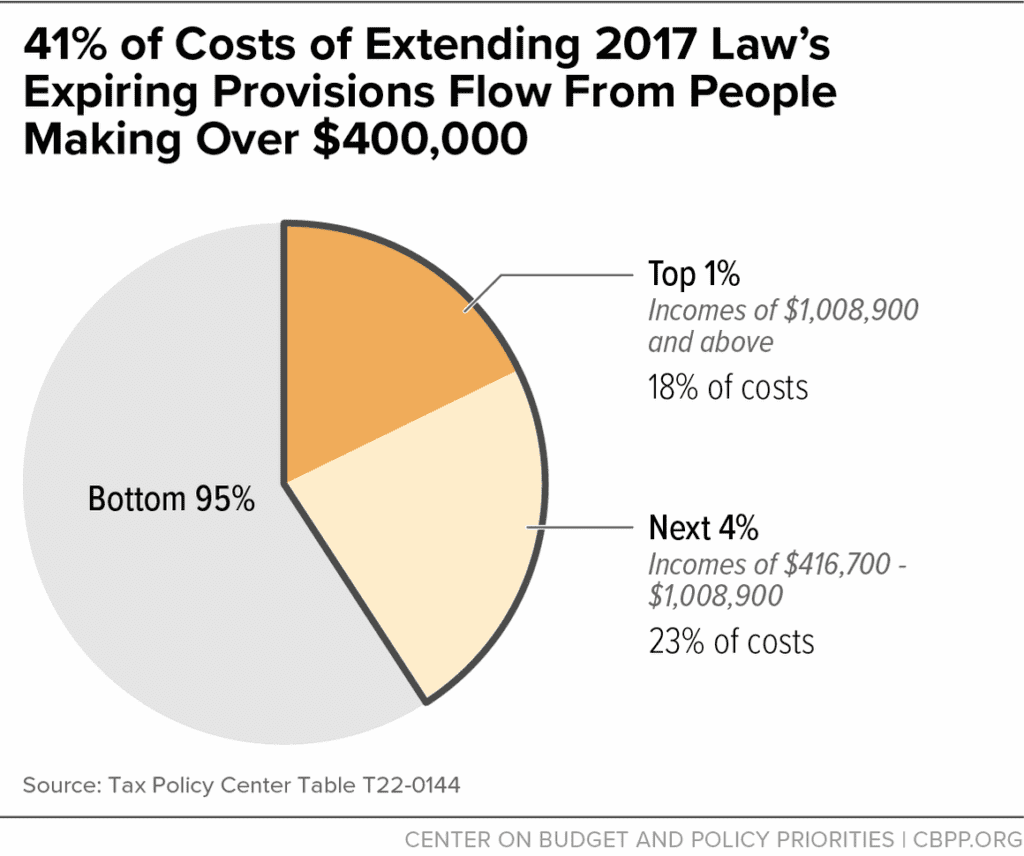
Archive for November 2024
Evaluating the Construct Validity of Instructional Manipulation Checks as Measures of Careless Responding to Surveys
Assessing Jealousy: Factor Analyses, Measurement Invariance, Nomological Validity, and Longitudinal APIM Analyses of the Multidimensional Jealousy Scale
Evaluating the Effects of Compound Stimuli on Stimulus Control during Match-to-Sample Procedures
The impact of migrant remittances on poverty reduction in Bangladesh
Hikikomori in the Middle East: The role of problematic gaming, social media use, and loneliness
Reflections on 75 years of Public Administration and Development
Coping Strategies of Patients With Advanced Lung or Colorectal Cancer Over Time: Insights From the International ACTION Study
Health Interventions to Improve Work and Well‐Being Among Child Welfare Workers: A Scoping Review
Nourishing Educational Success: Evaluating the Relationship Between Healthy Eating Habits and Educational Outcome
Leaving Care – a Comparison Study of Implementation, Change Mechanisms, and Effects of Transition Services for Youth Leaving Out-of-home Care
Surf therapy for people with mental health disorders: a systematic review of randomized and non-randomized controlled trials
Now that the Election is Over, Here are Some of the Major Issues Facing the Nation and Next Congress
Protection of persons displaced across borders in the context of disasters and the adverse effects of climate change: A review of literature, legislation and case law to support the implementation of the global compact on refugees
Co‐worker phubbing: A qualitative exploration of smartphone use during work breaks
Assessment of clinician agreement with and knowledge of evidence‐based obesity treatment in the primary care setting
Effects of Adler’s Theory‐Based nudge volunteer program on middle school students
A Brief History of the Most Famous Swear Word in the World

Prison Officers’ Perceptions of Delivering Trauma-Informed Care in Women’s Prisons
How Collection of Racial Demographics Highlights or Hides Participants’ Multiraciality: An Illustrative Example and Warning for Social Scientists
Stress among caregivers of autistic children: Conceptual analysis and verification using two qualitative datasets
Principles for the 2025 Tax Debate: End High-Income Tax Cuts, Raise Revenues to Finance Any Extensions or New Investments

Advancing Our Understanding of Complex Intervention Development in Social Work: Co-Producing Support for Youth Transitioning from Out-of-Home Care
Childhood Prevalence and Latent Classes of Behavioral Issues in the Adolescent Brain Cognitive Development-Social Development Dataset
Flourishing After Foster Care: Examining Factors Affecting Flourishing in Transition Age Youth in the United States
Posttraumatic Growth Among Young Women, Comparing Risk and Protective Factors in Sexual Violence Survivors Versus Other Trauma Survivors
Entangled and Embodied: A Poetical Analysis of Trauma Disclosure in Marriage and Family Therapy
State Digital Equity Spending Can Benefit Economies, Health Care, and Education
Nationally, Black Girls Receive More Frequent and Severe Discipline in Schools

Leveraging artificial intelligence to enhance systematic reviews in health research: advanced tools and challenges
Using Respondent-Driven Sampling (RDS) to Recruit Women With Criminal Legal System-Involvement (CLSI) During the COVID-19 Pandemic
The Association between Childhood Adversity and the Conserved Transcriptional Response to Adversity (CTRA) in Sexual Minority Men
Can self-guided colouring improve university student wellbeing, mental health, and mindfulness?
MICUNAY Group Motivational Interviewing (MI) for Teens
Strengthening the Ecosystem for Community Power Building: How to get Started
Building Healthy Futures: Addressing Mental Health and Substance Use Disorders During Pregnancy and Postpartum
Inferring gender from first names: Comparing the accuracy of Genderize, Gender API, and the gender R package on authors of diverse nationality
Seeded Topic Models in Digital Archives: Analyzing Interpretations of Immigration in Swedish Newspapers, 1945–2019
Toward a creative and imaginative research approach: Collage as a method of inquiry in social work
Corporatocracy: How to Protect Democracy from Dark Money and Corrupt Politicians
